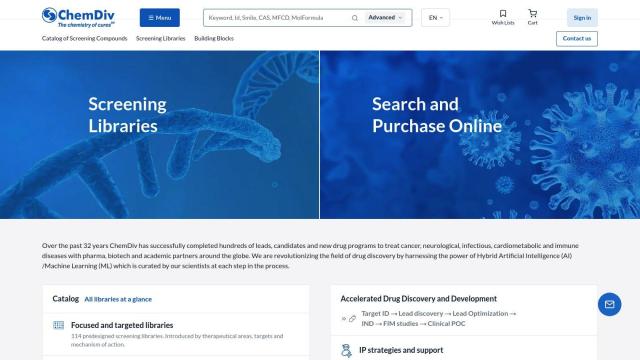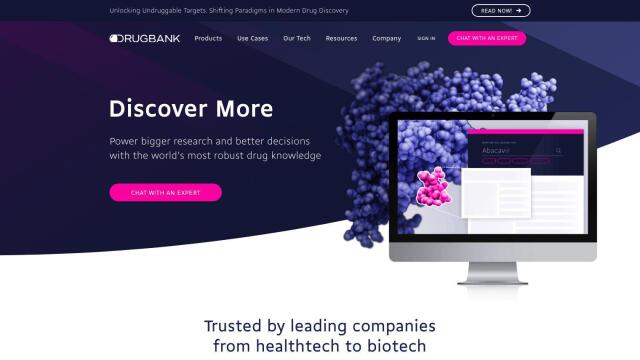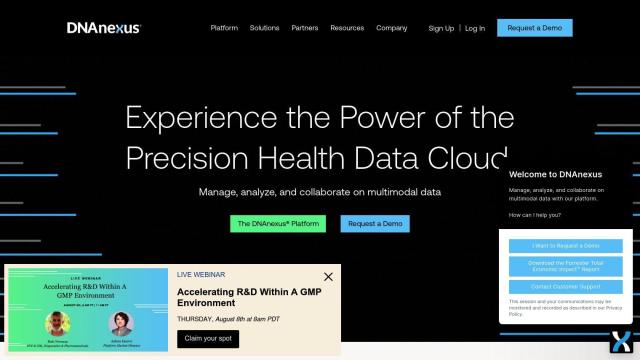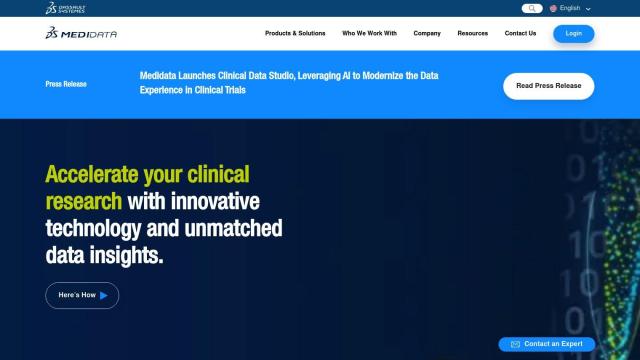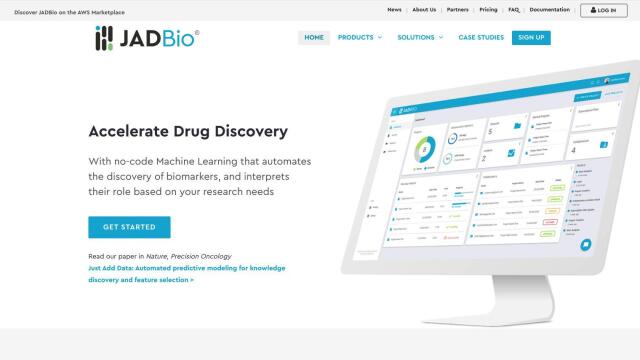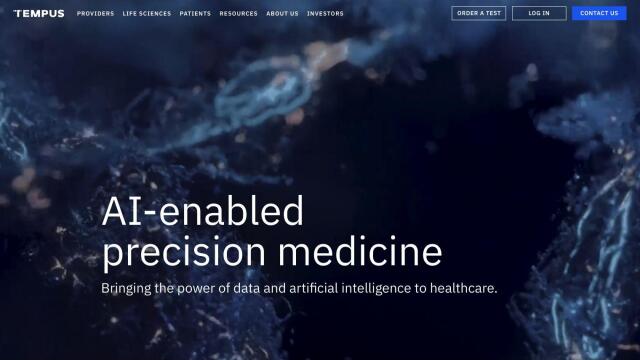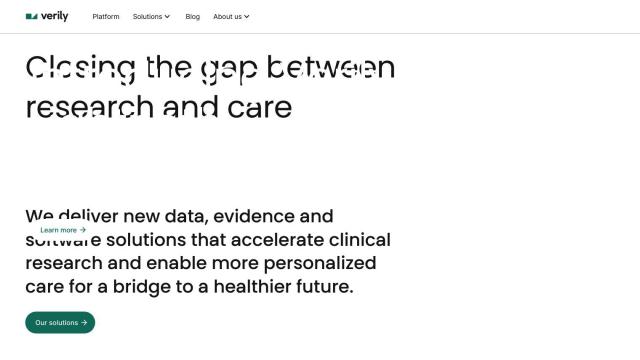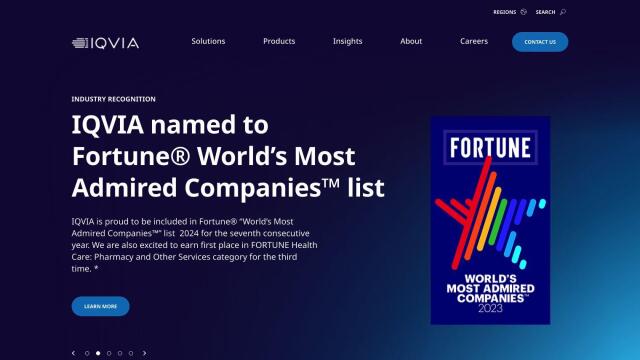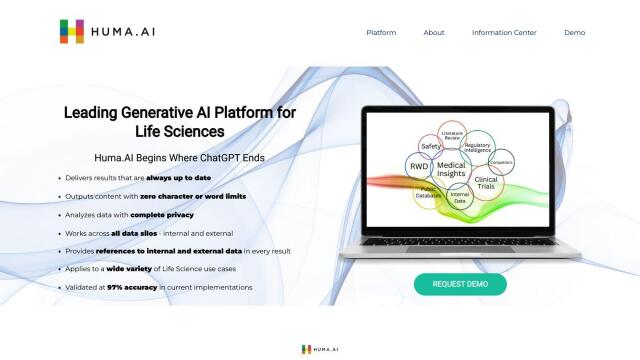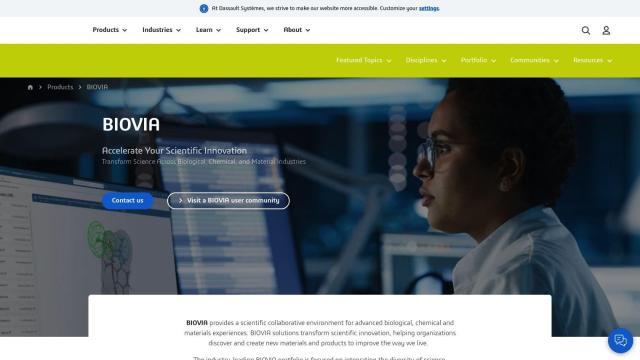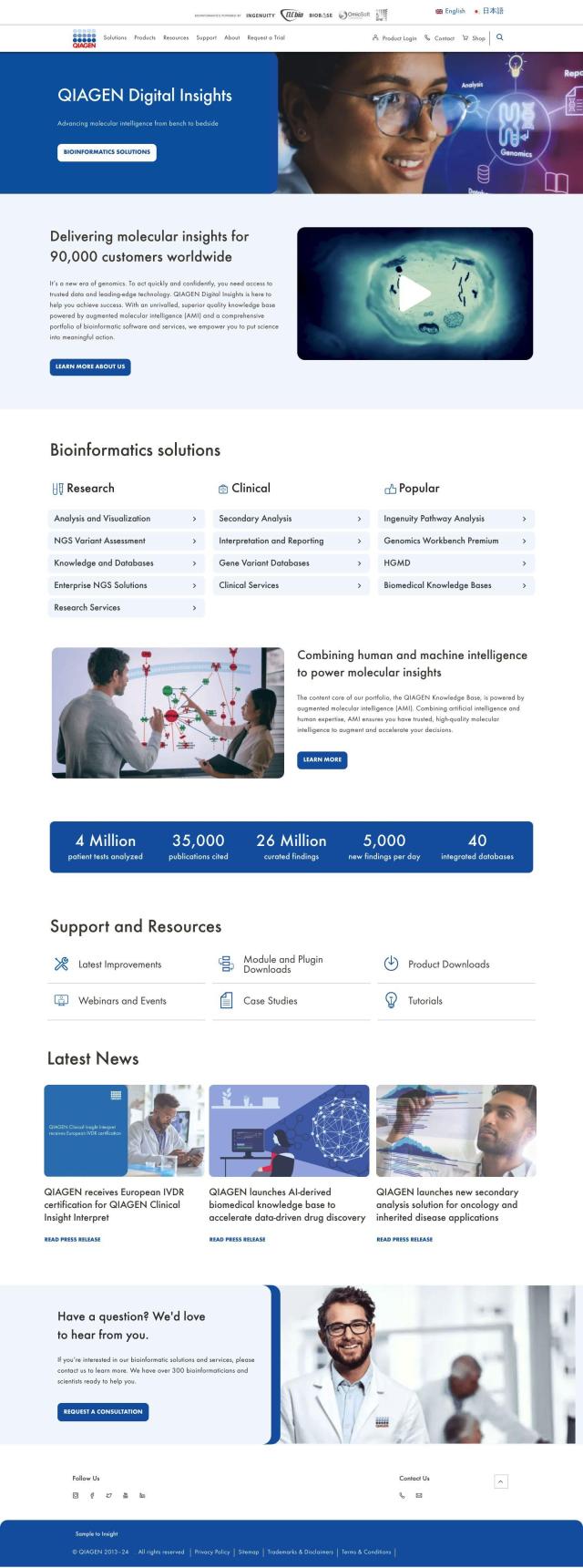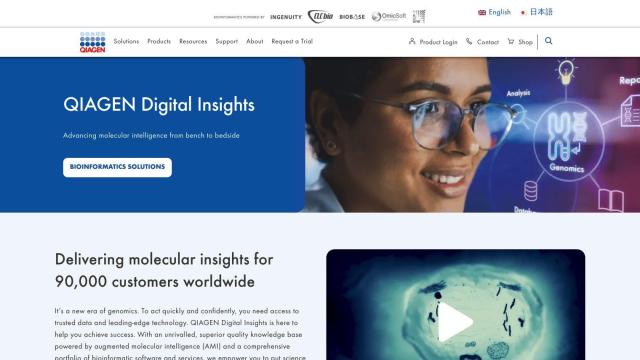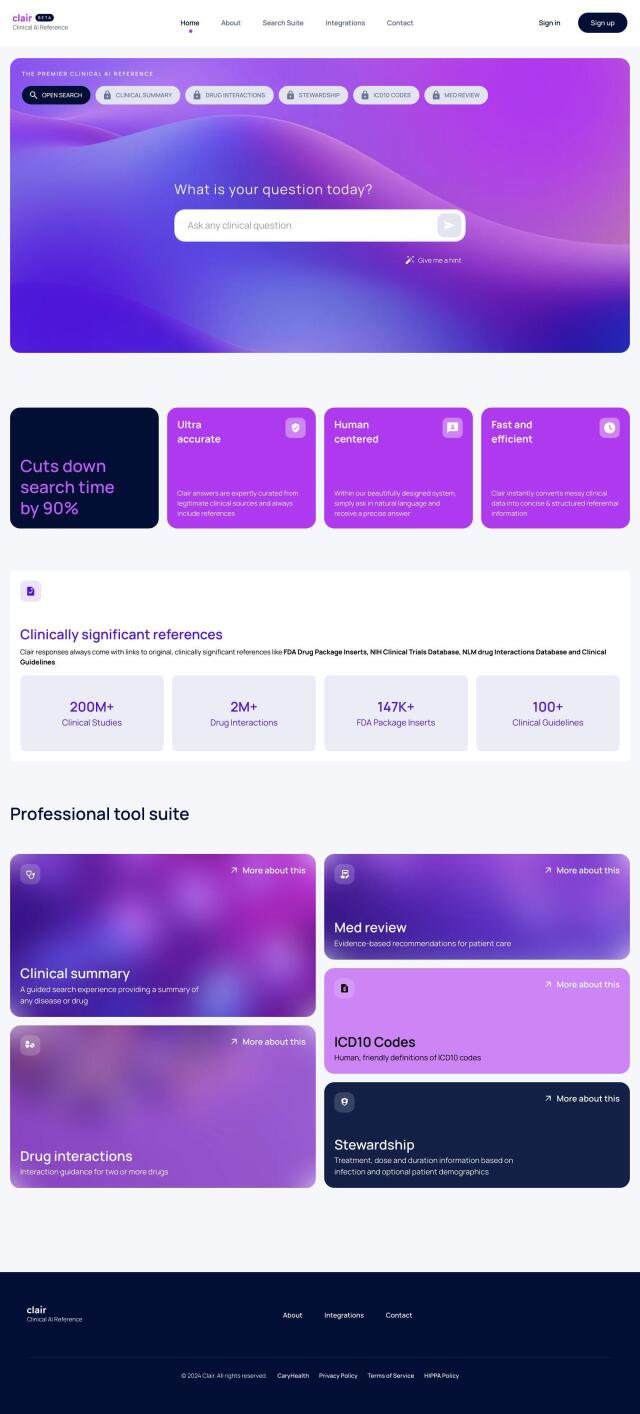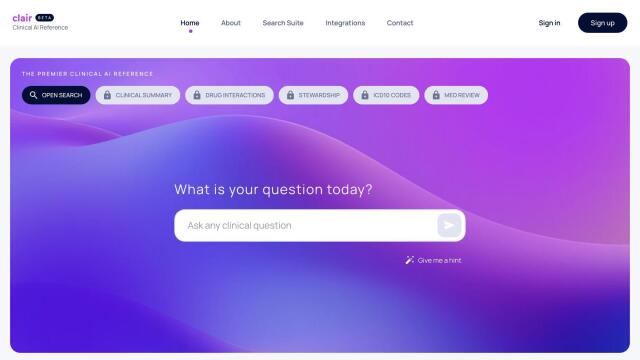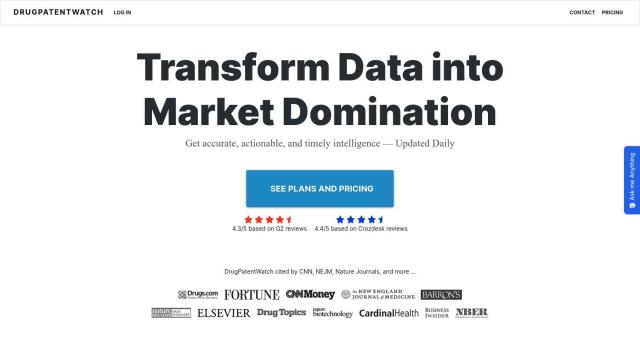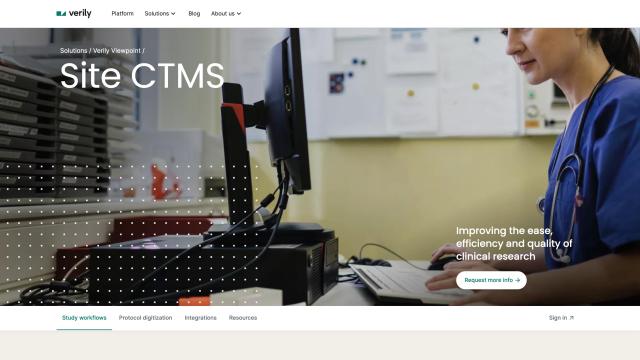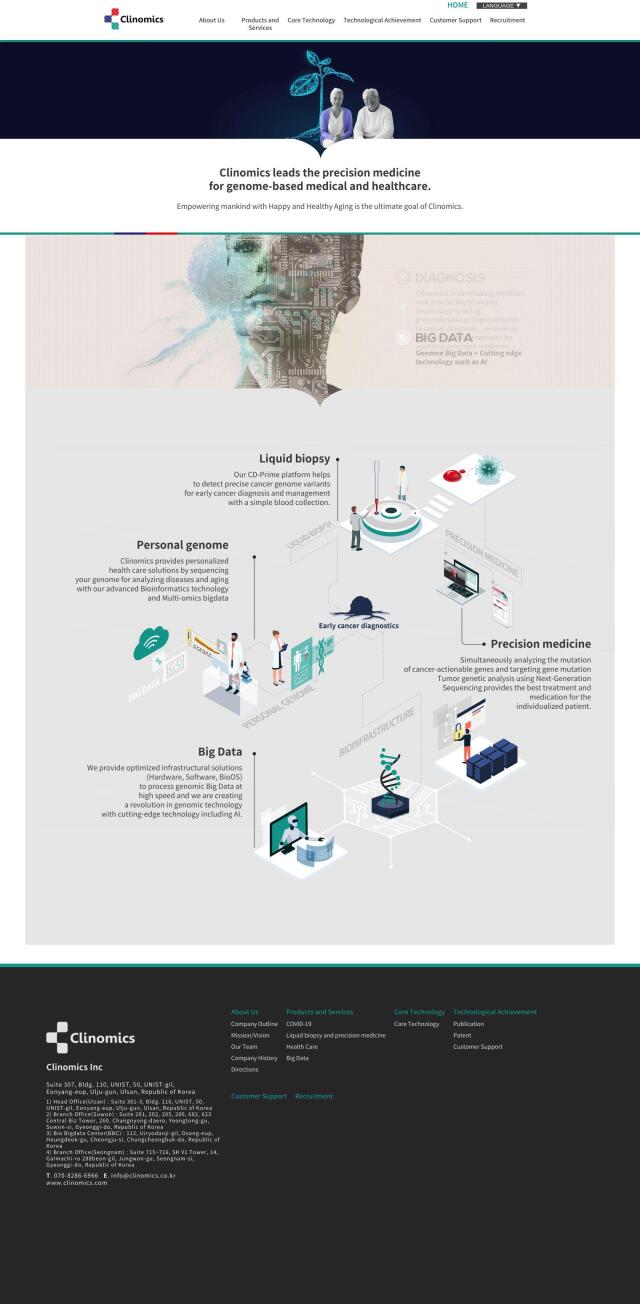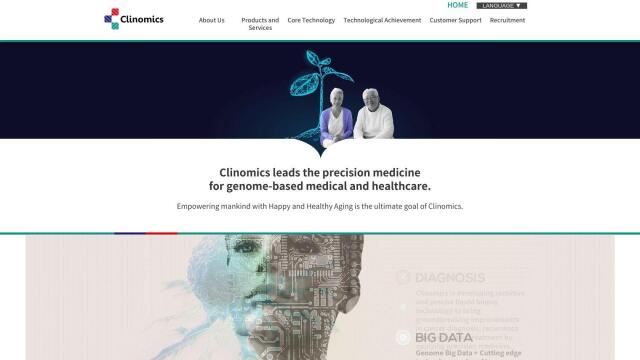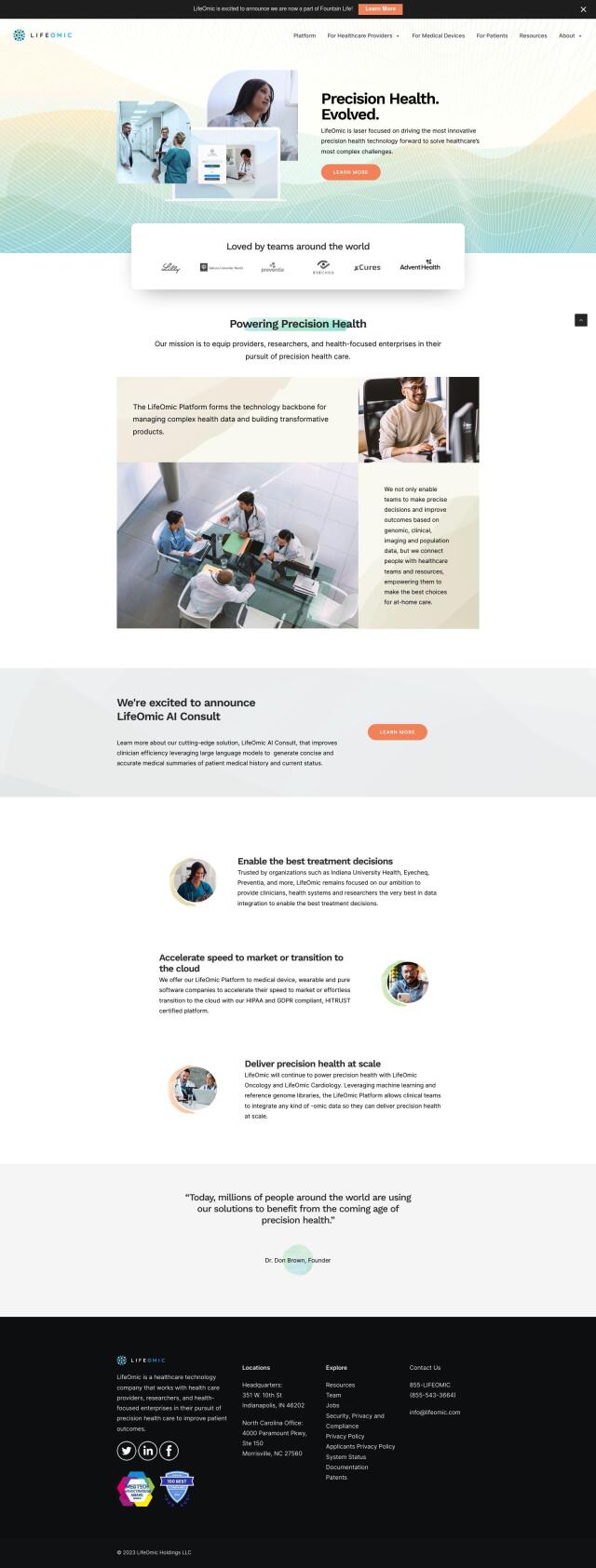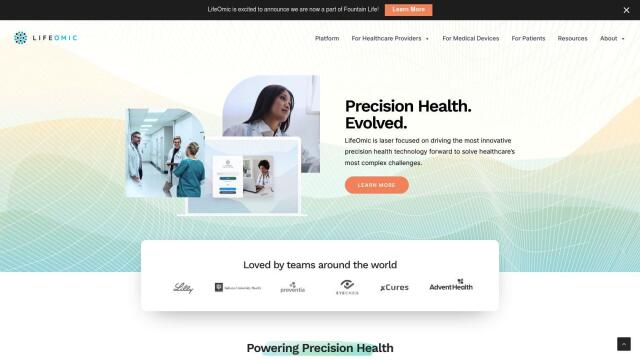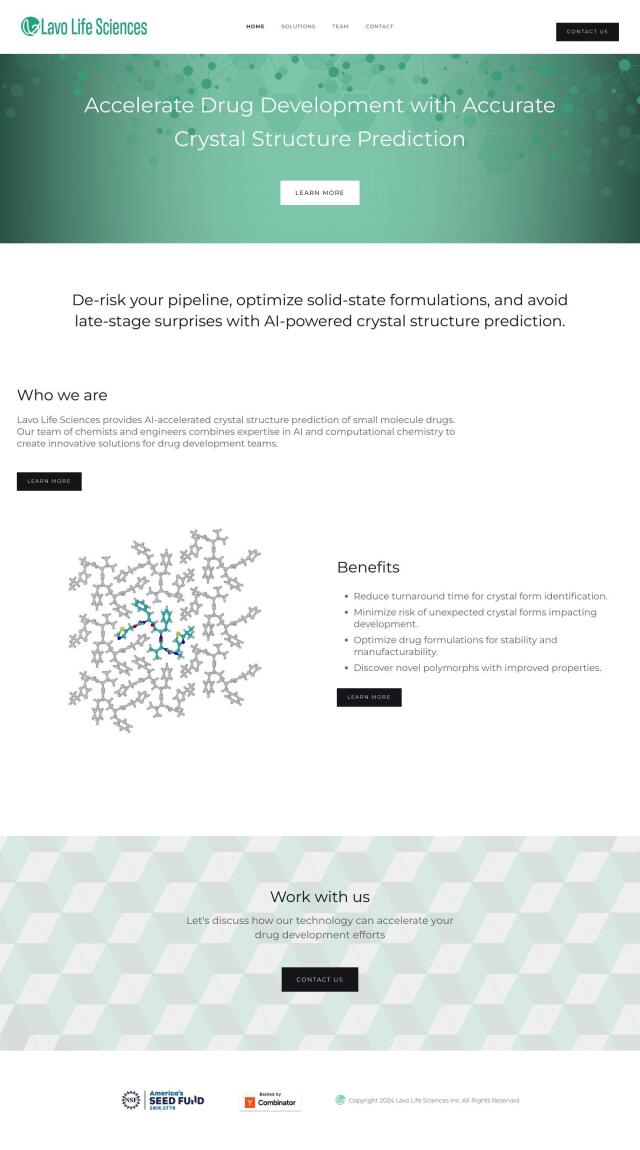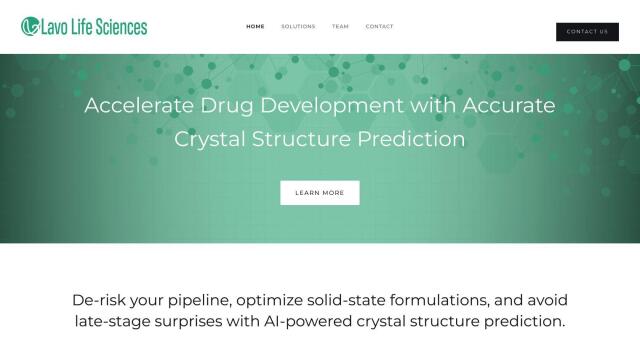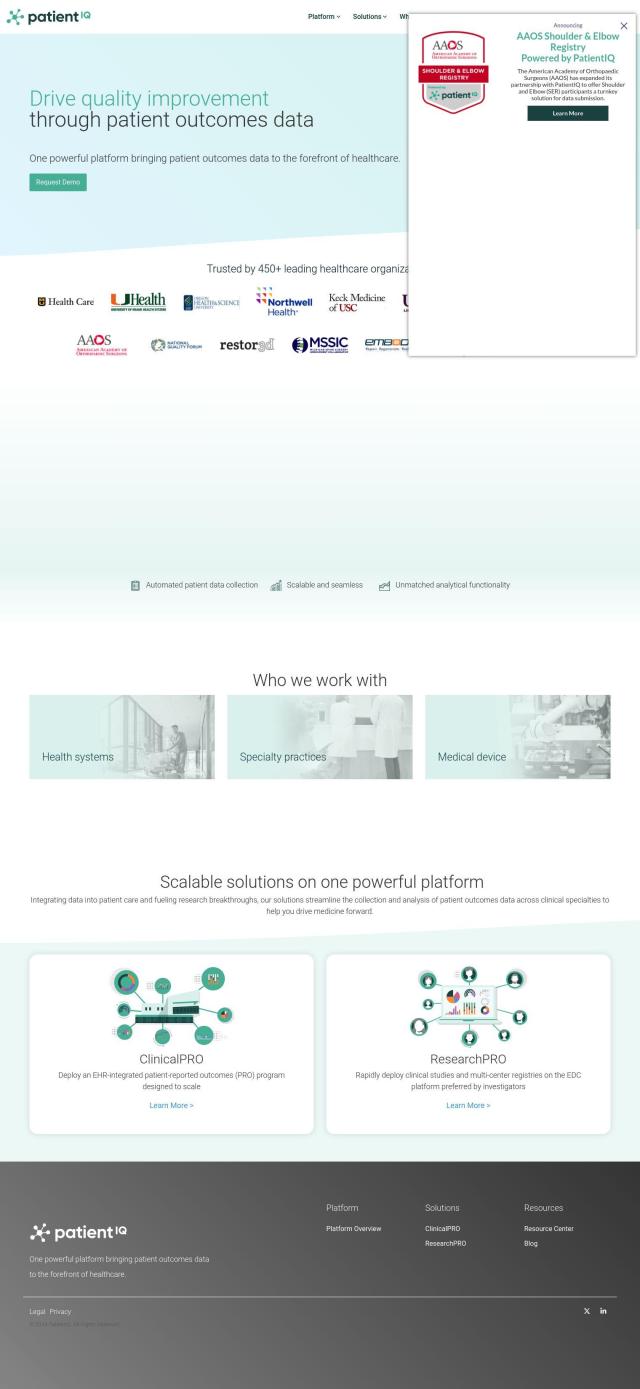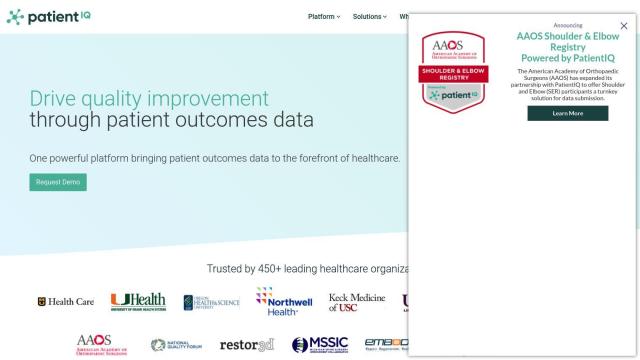
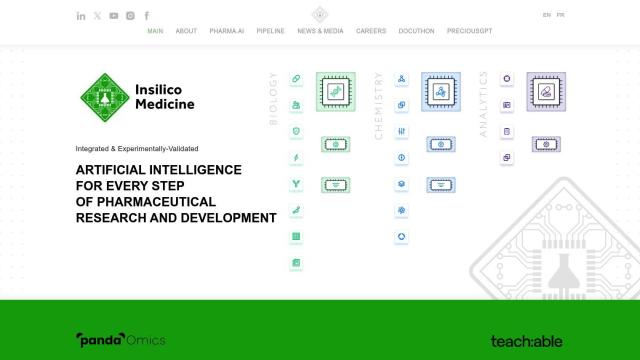
Insilico Medicine
If you're looking for a ChemDiv alternative, Insilico Medicine has a range of AI-powered tools for pharmaceutical R&D. Its suite includes PHARMA.AI for end-to-end drug discovery, PandaOmics for OMICs data analysis, Chemistry42 for full small molecule discovery, and inClinico for predicting clinical trial success rates. It can help speed up and reduce the cost of traditional drug discovery, which is why it's a good option for accelerating innovation.
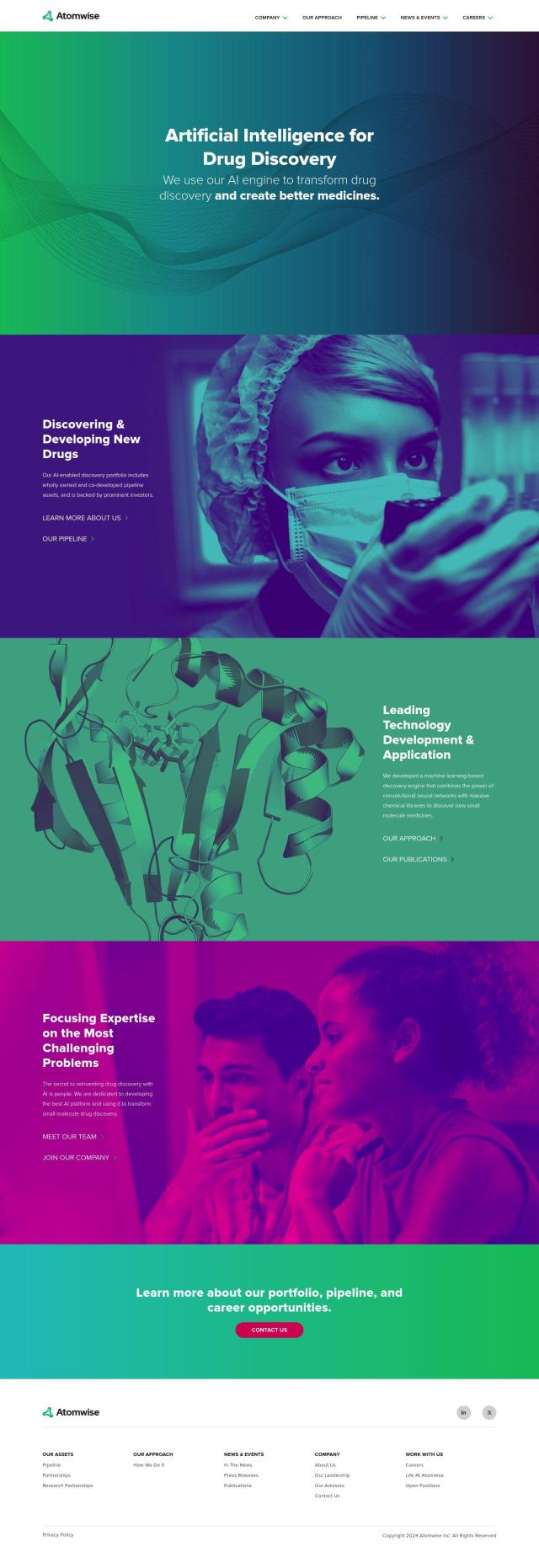
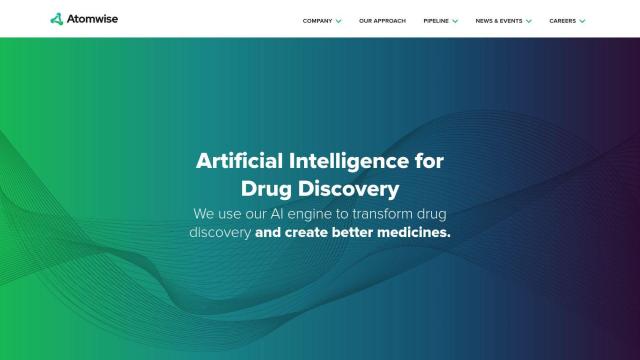
Atomwise
Another good option is Atomwise, which uses convolutional neural networks and large chemical libraries to find new small molecule drugs. It's good at dealing with poorly annotated targets and computationally exploring large chemical spaces. With its scalable discovery engine and industry-leading AI and ML tools, Atomwise is a good fit for those who want to explore a wide range of disease areas quickly and efficiently.

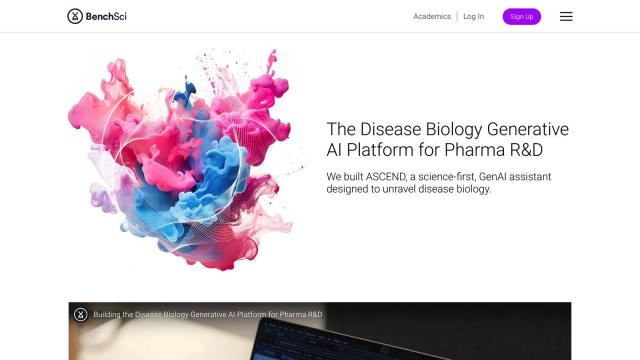
BenchSci
If you prefer a more data-driven approach, BenchSci has ASCEND, an AI-powered information retrieval system designed to augment preclinical R&D. It includes a large database of papers, patents and preprints, along with biology-specific multimodal AI for understanding experiments. ASCEND is geared for pharmaceutical and biotech companies that want to accelerate and improve life-saving research.
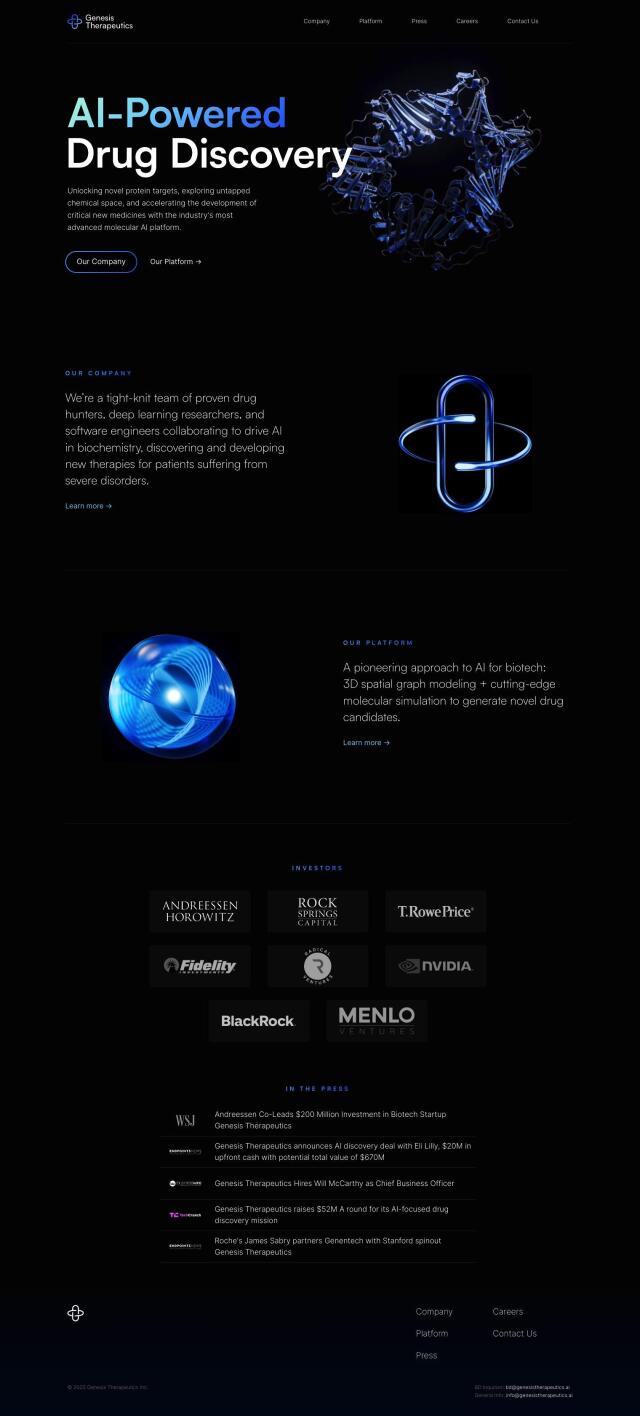
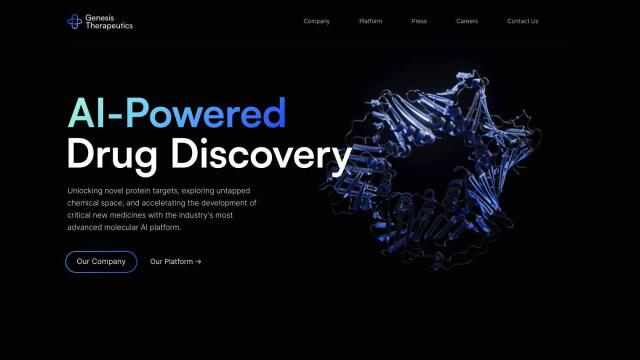
Genesis Therapeutics
Finally, Genesis Therapeutics has a molecular AI platform that combines 3D spatial graph modeling and molecular simulation to design new drug candidates. GEMS uses deep learning to predict properties and molecular simulations to predict binding dynamics, which makes it a good option for challenging biological targets and high-potency and selective small molecules.

